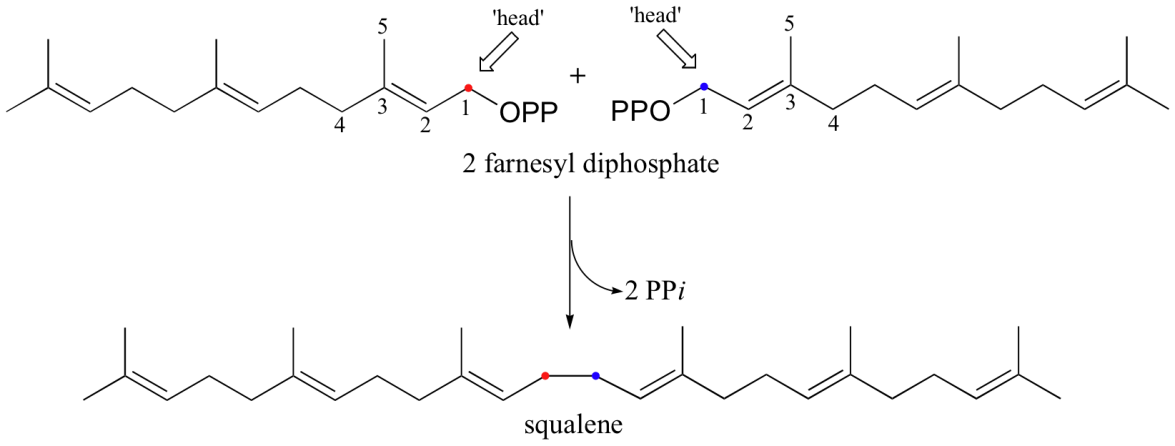Custom MemPro™ Services for Squalene/ phytoene Synthase
Creative Biostructure provides custom MemPro™ gene-to-structure services for squalene/ phytoene synthase.
Squalene/phytoene synthase family is a large group of phytoene and squalene synthases which can catalyse the head-to-head condensation of polyisoprene pyrophosphates. Members of this family are commonly encoded in the same genetic locus as squalene-hopene cyclase genes, and are never associated with genes for the metabolism of phytoene. Squalene synthase (SQS) and phytoene synthase (PSY) are two similar enzymes involved in the biosynthesis of cholesterol owing to they share a large of functional similarities based on their primary structure. SQS catalyzes two molecules of farnesyl diphosphate (FPP) into squalene while PSY catalyzes two molecules of geranylgeranyl diphosphates (GGPP) into phytoene. This is the second process in the biosynthesis of carotenoids from isopentenyl diphosphate. The catalytic reaction performed by PSY is catalyzed in two separate steps: the first is a head-to-head condensation of the two molecules of GGPP to form prephytoene diphosphate; then this intermediate can be arranged to form phytoene. Most notably, SQS and SPY are exclusively distributed on the surface of endoplasm reticulum (ER). It has been shown that SQS is membrane-associated proteins found in eukaryotes. In contrast, SPY is found in all organisms that synthesize carotenoids: plants and photosynthetic bacteria as well as some non-photosynthetic bacteria and fungi. For instance, PSY is encoded by the gene crtB in bacteria, however, which is localized in the chloroplast in plants. With the help of Mg2+ and NADPH, SQS and PSY are able to synthesis a variety of sterol precursors, including cholesterol, carotenoid, ubiquinone, dolichols and lanosterol.
 Figure 1. Synthesis of squalene from two FPP molecules.
Figure 1. Synthesis of squalene from two FPP molecules.
Since the expression of SQS/PSY has a positive correlation with the cholesterol level, researches on the inhibitors of SQS/PSY has caught worldwide interests, as such inhibitors could provide an alternative to regulate cholesterol levels in patients in tolerant to HMG-CoA reductase inhibitors.
Creative Biostructure can provide various custom MemPro™ gene-to-structure services for membrane protein family, including the identification, isolation, purification, stabilization, and crystallization of membrane proteins of your interest. Please feel free to contact us for a detailed quote.
References:
C. Summers, et al. (1993). Cloning, expression and characterisation of the cDNA encoding human hepatic squalene synthase, and its relationship to phytoene synthase. Gene, 136(1-2): 185–192.
J. E. Graebe (1968). Biosynthesis of kaurene, squalene and phytoene from mevalonate-2-14C in a cell-free system from pea fruits. Phytochem., 7(11): 2003-2020.
P. K. Burkhardt, et al. (1997). Transgenic rice (Oryza sativa) endosperm expressing daffodil (Narcissus pseudonarcissus) phytoene synthase accumulates phytoene, a key intermediate of provitamin A biosynthesis. Plant J., 11(5): 1071-1078.
Squalene/phytoene synthase family. (https://en.wikipedia.org/wiki/Squalene/phytoene_synthase_family)
